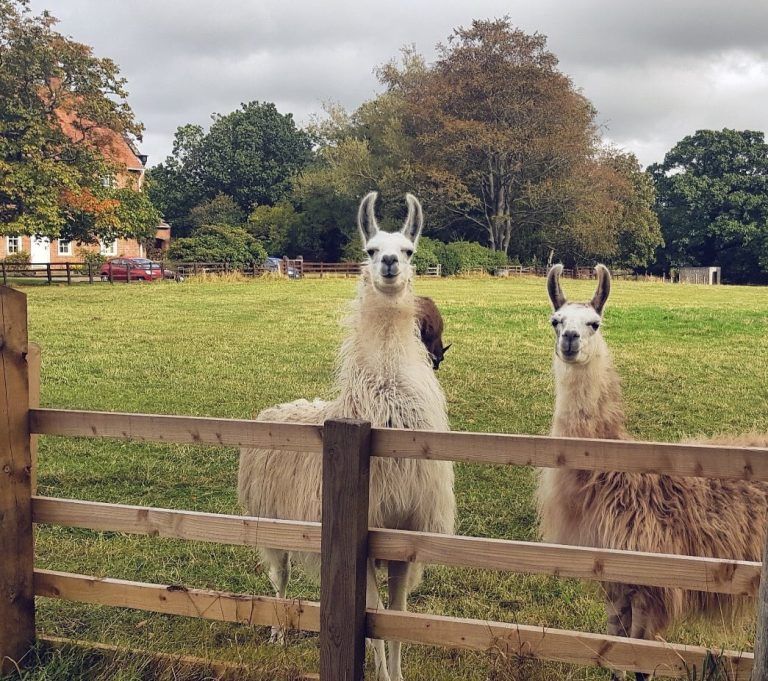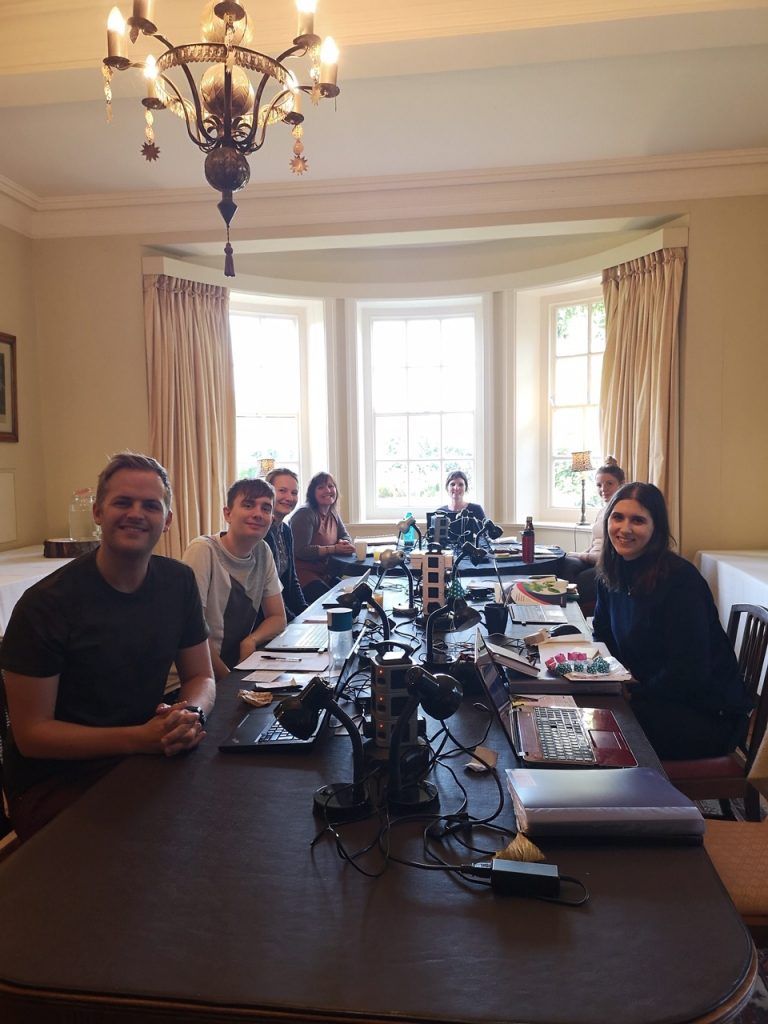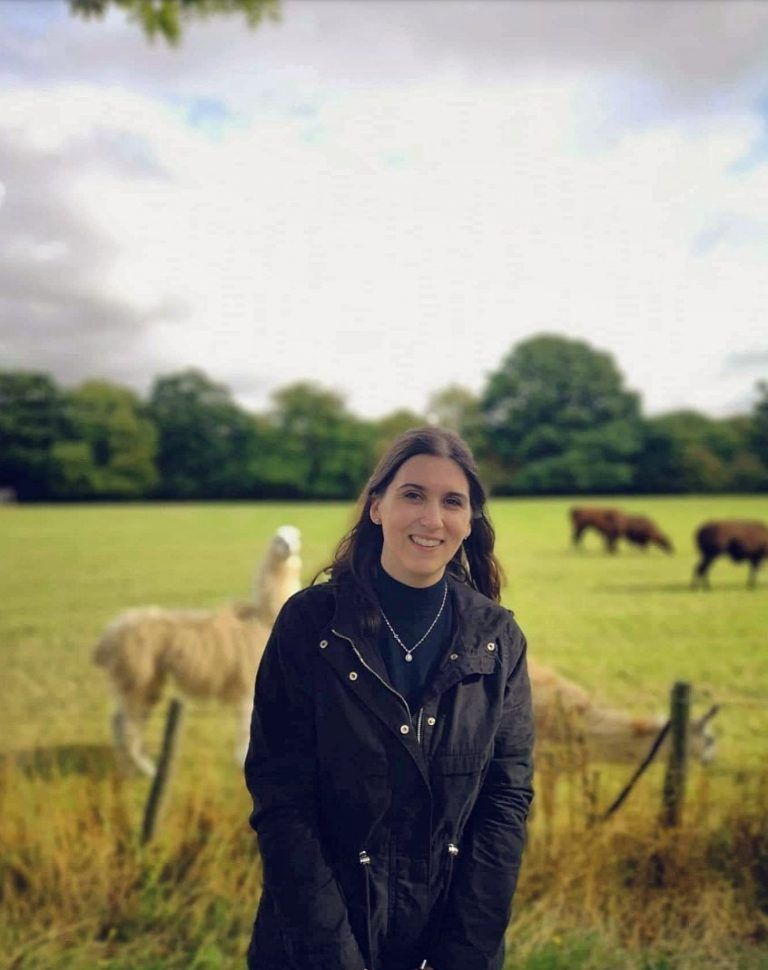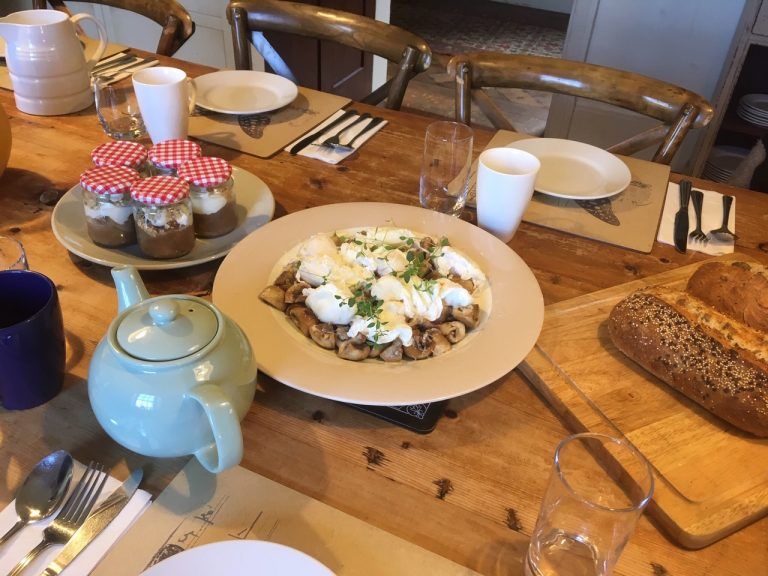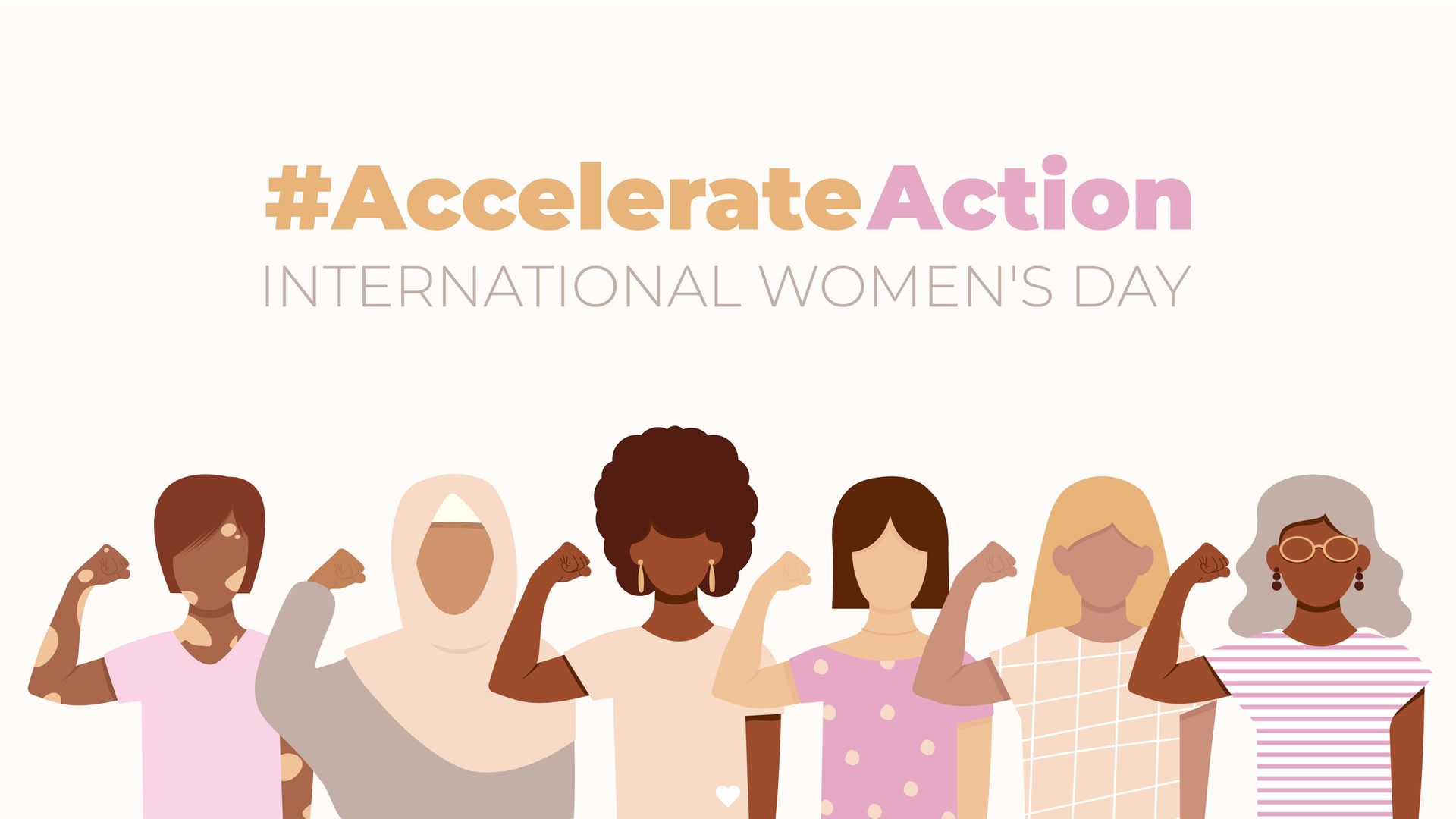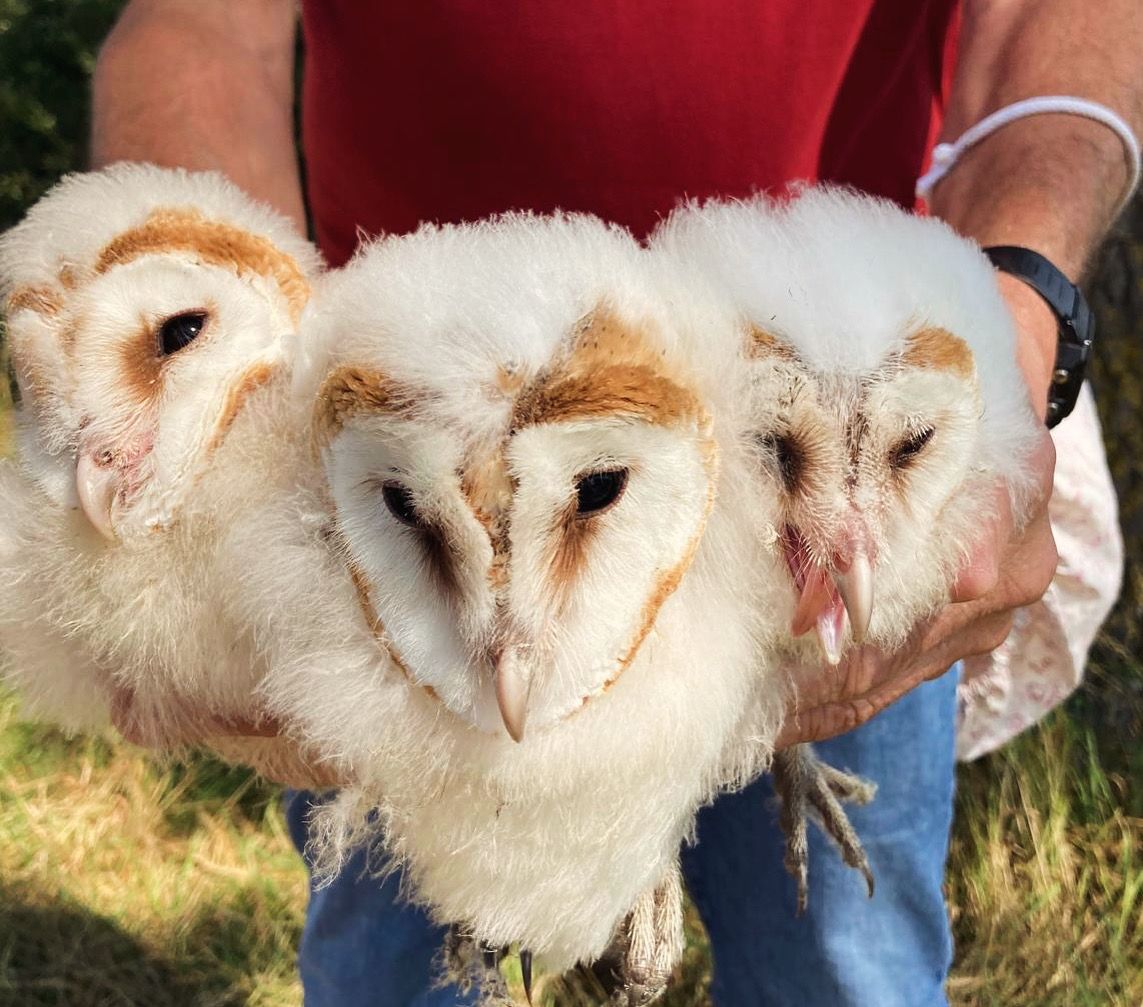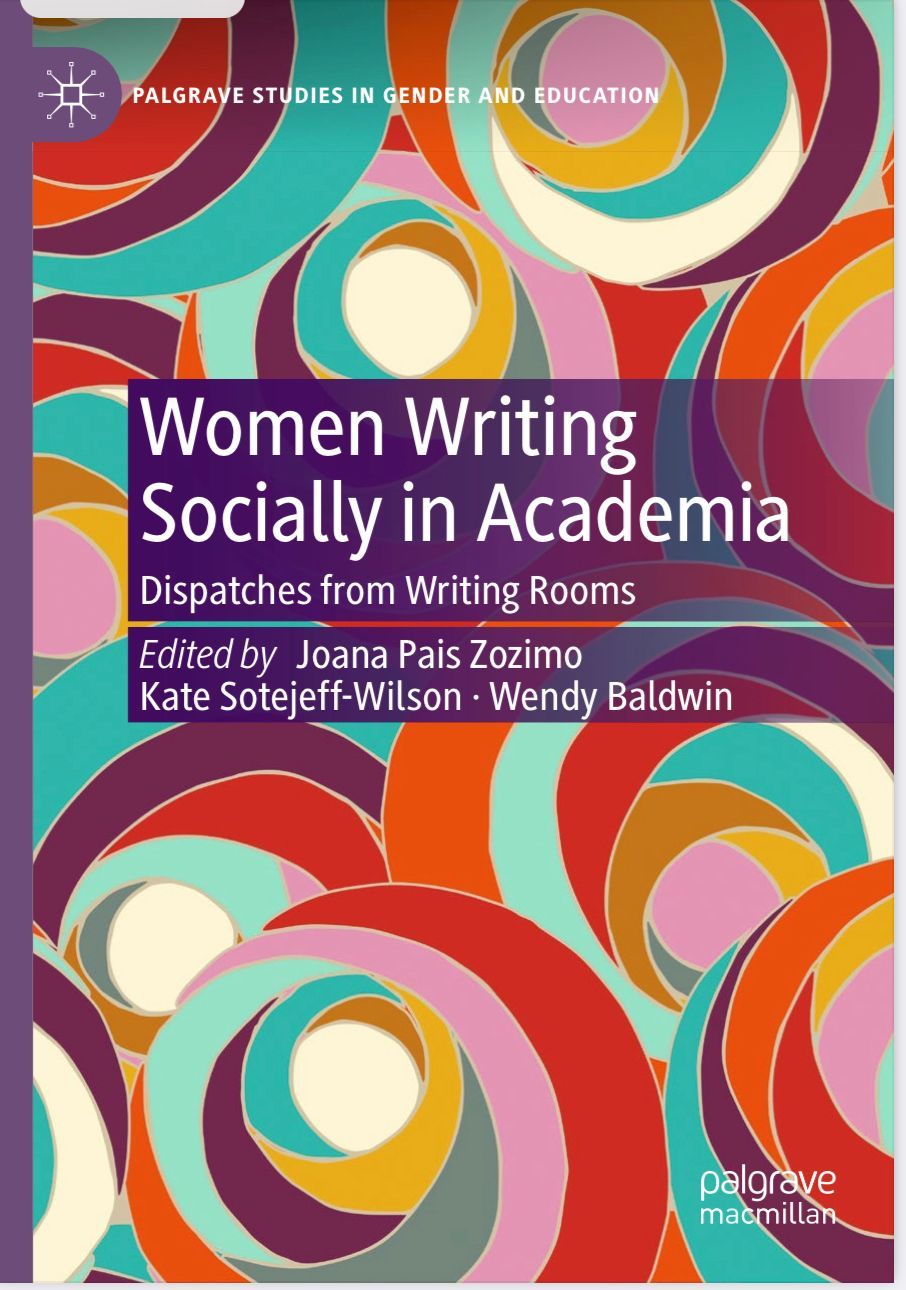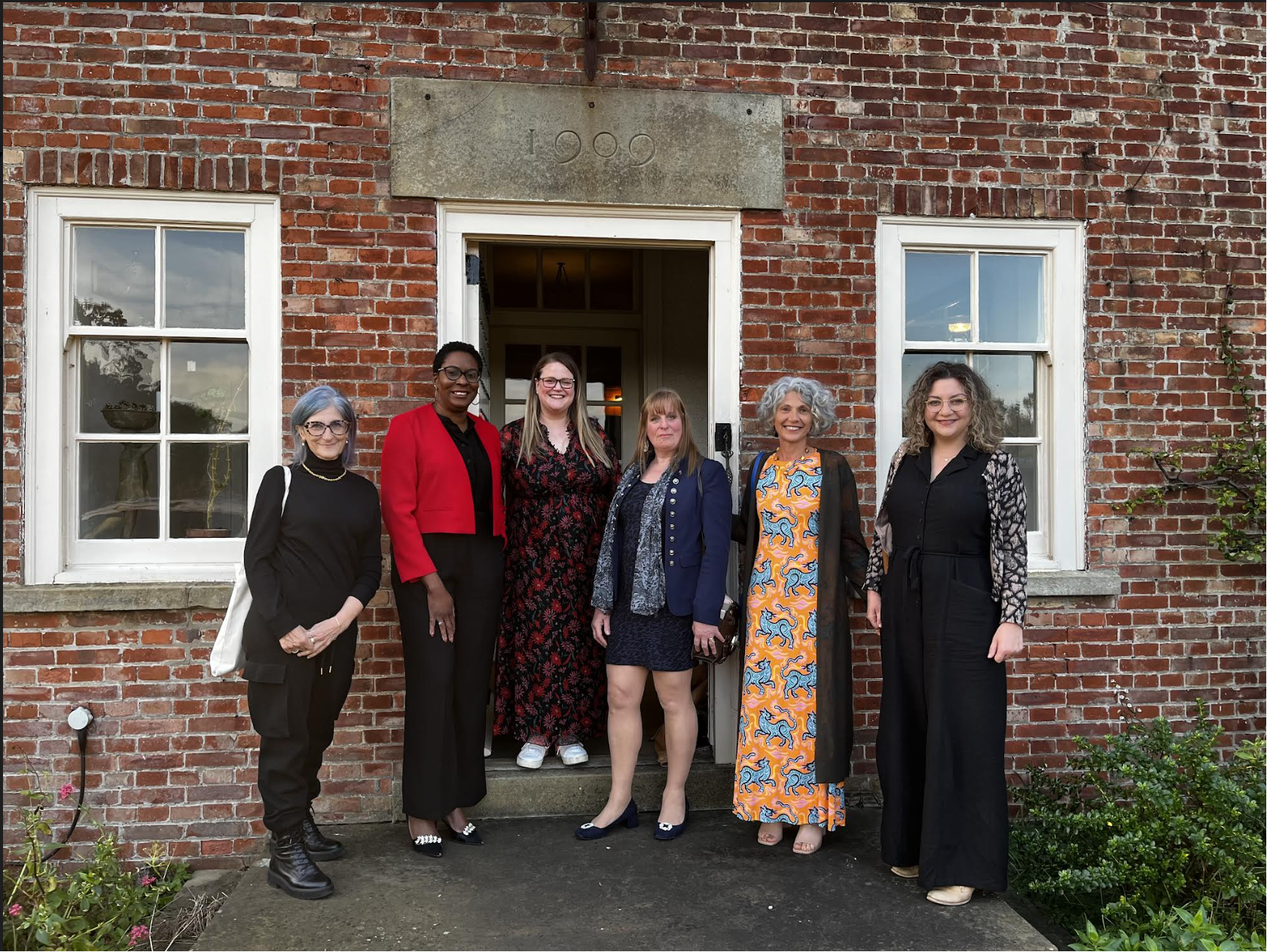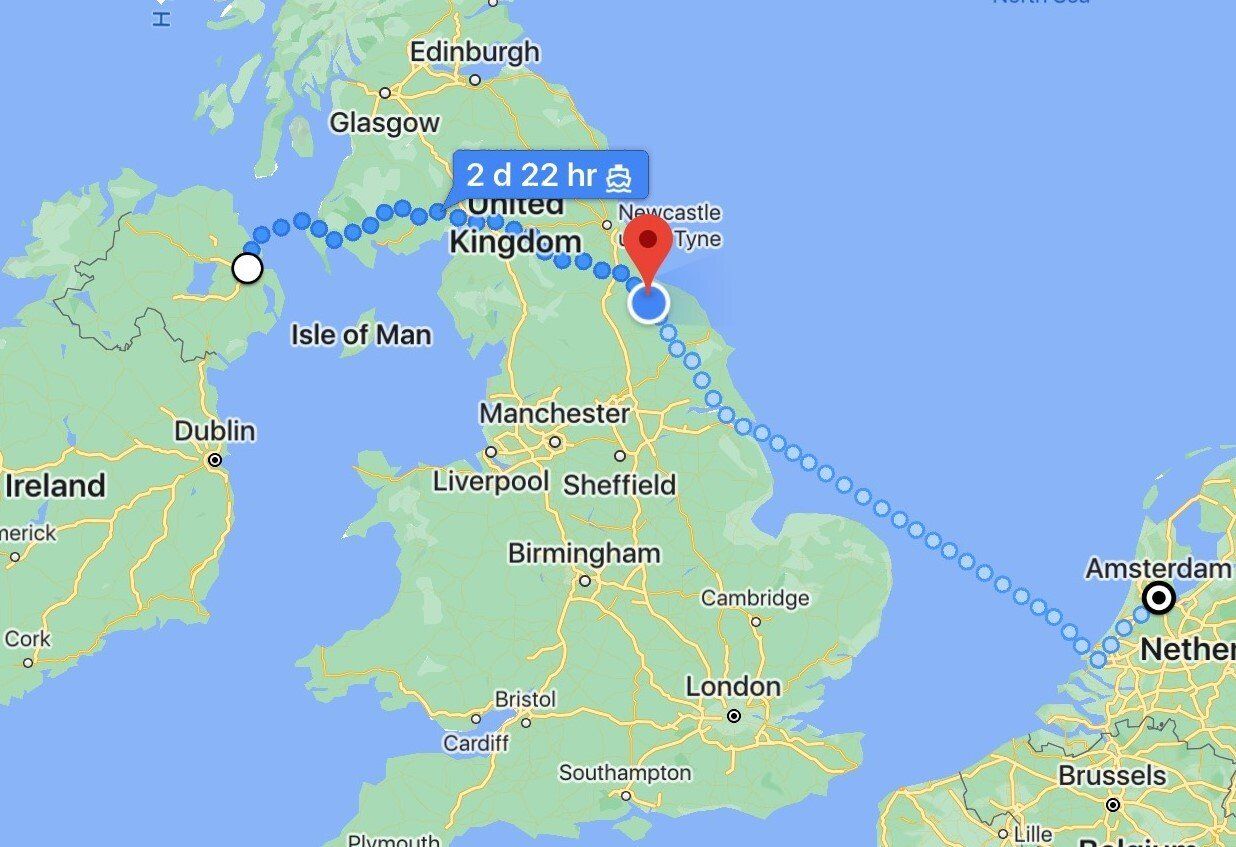A North Yorkshire Writing Retreat for postgraduates from Nottingham University
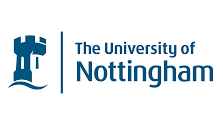
Our September retreat saw a substantial presence of postgraduate students from Nottingham University. The cohort was an interdisciplinary group – students did not necessary know each other when they set off, but they were part of the same Doctoral Training Centre.
Thanks to the postgraduate student representative and group leader Cerys Gibson, all necessary organisational aspects were addressed and the Nottingham University cohort arrived promptly at our door at the end of the month. We received Cery’s blog post which we are delighted to publish.
As a PhD student, and a representative for my funding body’s year group at the University of Nottingham, I am all too aware of the difficulties that this stage of an academic career brings. My cohort had reported a lack of research community, wanting more support for their mental health
and wellbeing and more structured writing time. I thought that a Writing Retreat organised exclusively for Postgraduate Research students funded by the same body across disciplines, would be the perfect way to address these three concerns.
I chose Chapelgarth Estate as it combined dedicated, structured writing time with wellbeing activities and the space to unwind and get to know other participants. Marcella was very welcoming and encouraging and we soon had a group of 8 of us from different PhD stages and disciplines, Law,
Politics, Education, Geography, Psychology, Linguistics and Health Sciences on the minibus to the Estate that was to be our home for the next 3 days.
And what a home it was! As our minibus drew up to the drive, we were excited to see such a beautiful house nestled in the countryside. We were greeted by our friendly host and shown the airy, comfortable writing room where we would be working, overlooking the garden. And although it
of course was not a priority, we were shown the break activities we could be engaged in- table tennis, tennis, boules, trampolining, let alone going for a walk in the countryside to see the llamas!
What followed was three well-structured days of solid writing time; I managed to rewrite my methodology chapter that I had been putting off for some time. Although I worked fewer hours than I would have done in the office, I worked a lot better. Distractions were not permitted in the writing
room and so my mobile sat upstairs, and my laptop could not connect to the wi-fi at the other side of the house. Instead I worked hard for hour and a half segments, long enough to make good progress with my writing plan, without getting side-tracked with replying to e-mails or following
twitter. This dedicated writing time was separated with well-planned breaks, always with a cup of tea and homemade cake, but then with a choice of yoga, forest bathing or any of the activities
scattered around. The important thing was to take a proper break- to get up and move and talk to others and not to stare at the computer screen. This meant that we returned to work refreshed, with a target for our next session and enough caffeine and fresh air to feel that we could meet it.
The food helped the productivity too. Marcella had a chef who served up compote from the orchard, porridge, freshly baked bread and poached eggs and mushrooms. Lunch was at least 5 different serving trays of spicy rice dishes, vegetable lasagne, butter bean salad and other dishes we passed
around the warm kitchen. Dinner was served in the dining hall by candlelight with jazz music playing softly in the background. We had three course meals of delicious, healthy vegetarian food. We asked
the chef for her secret ingredient, and though she said it was love, we soon found out it was butter!
Eating well for three days, without a bowl of Celebrations to graze through, without having to think about what to eat and when (and how!) to cook it meant that we could concentrate on writing and
enjoy our free time.
This meant that while I had an incredibly productive three days, rewriting my methodology chapter, I also felt relaxed and refreshed. I had chatted with my colleagues from different disciplines and we gave each other advice, and perspective, on some of the research issues we were facing as early stage academics. We were all delighted to be on the Retreat, that although we had to work hard and Marcella made sure we stuck to our writing schedule, we also felt very spoilt by the end of the week and did not want to leave!
The Retreat was therefore a success in the three objectives and it had given us a clear structure for self-guiding our own work in the future. I’m not sure how well I will stick to it without Marcella’s encouraging discipline or Roma’s warm lunches, but the idea of the Retreat, and the support of my
new colleagues across the DTC will put us in good stead for the future, or at least until we go on our next Retreat as a reminder!
With many thanks to the ESRC for funding the Retreat and to Marcella Sutcliffe.

